Within Science, Technology, Engineering and Maths (STEM), a lingering challenge persists: the gender gap. Despite many incredible strides, women remain underrepresented. According to the Global Gender Gap Report (2023), women comprise only 29.2 per cent of the STEM workforce, compared to nearly 50 per cent in non-STEM occupations.
But it’s not just getting women into STEM that urgently needs addressing. Recent research from UCL has revealed that women STEM students are twice as likely to have experienced sexism as non-STEM students.
It’s a bigger problem than you might think. In today’s modern world, hackers are advancing as fast as AI and digital technologies are progressing. The demand for cybersecurity professionals is rising to combat these digital threats, with the global cybersecurity market projected to reach $424.97 billion by 2030. It’s a shortfall that can only be solved by bridging the gender gap.
Throughout history and against the odds, women in STEM have shattered barriers – but we’ve still a long way to go. Here are just five of the best…
5 women who have advanced STEM
- Ada Lovelace (1815-1852)
- Katherine Johnson (1918-2020)
- Dame Stephanie Shirley “Steve” (1933-present)
- Michelle Zatlyn (1979-present)
- Elizabeth Coulombe (1994-present)
Ada Lovelace
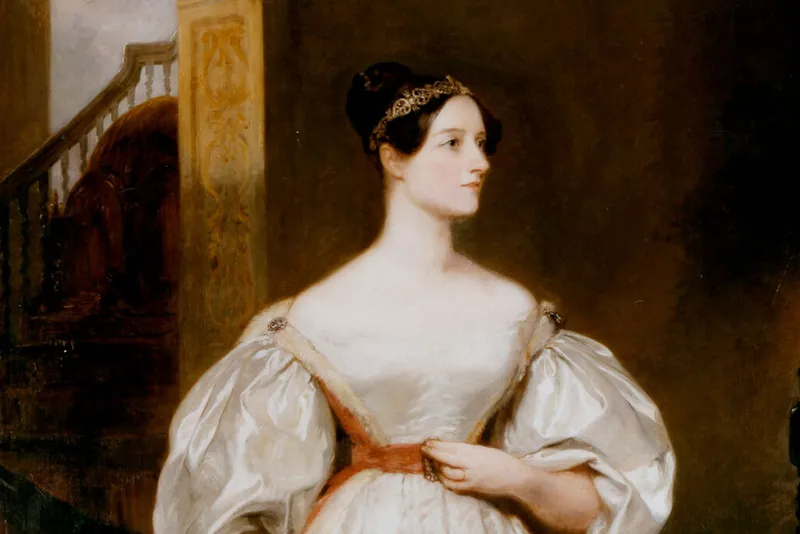
One of the most celebrated names in computer engineering, Ada Lovelace wasn’t recognised for her contributions until a century after her death. A true visionary, Lovelace was ahead of her time. So much so, she illustrated plans for a steam-powered flying machine at just 12 years old – 15 years before the first aerial steam carriage was patented in 1842. But it was her remarkable work on Charles Babbage’s Analytical Engine that earned her a place in history.
Essentially the world’s first computer, the Analytical Engine would have been able to perform any calculation. The machine itself was never finished, but Lovelace’s visionary insights surpassed her contemporaries; she saw computers not merely as calculators, but as versatile machines.
Tasked with translating mathematician’s Luigi Federico Menabrea’s French paper on Babbage’s machine, Lovelace supplemented her translation with extensive notes and annotations. She even described a method to calculate Bernoulli Numbers, showcasing the engine’s potential beyond numerical tasks. Her pioneering work in writing the first-ever machine algorithm laid the foundation for modern computing.
Katherine Johnson
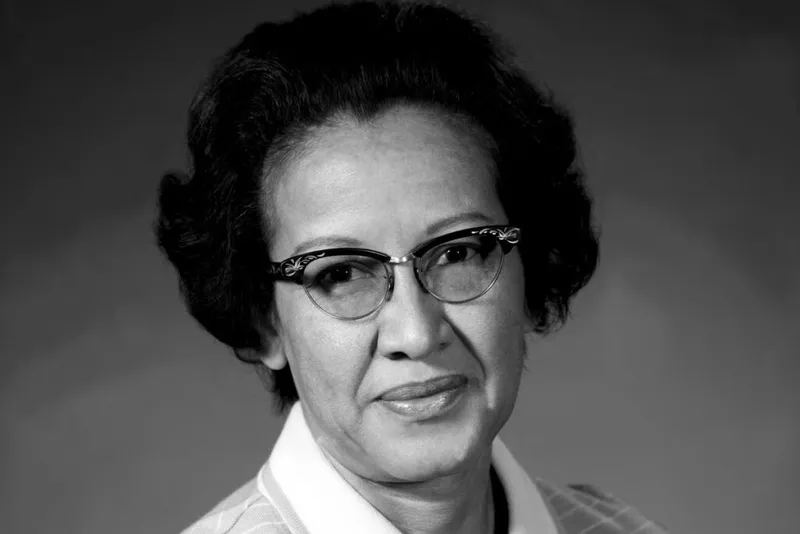
Early in NASA’s history, African American mathematician Katherine Johnson analysed and verified complex aerospace data. She was a human calculator, who – back when computers were still in their infancy – double-checked the orbital calculations by hand, successfully sending John Glenn into orbit in 1962.
She subsequently helped pinpoint the precise time and location of NASA’s shuttle departures, landing men on the Moon. Then later, when Apollo 13 was aborted, it was her calculations that helped chart a flight plan for the crew’s safe return, saving the lives of all three men aboard. She also worked on the early Mars missions, and was awarded the Presidential Medal of Freedom in 2015 – the highest award a civilian can achieve.
Dame Stephanie Shirley
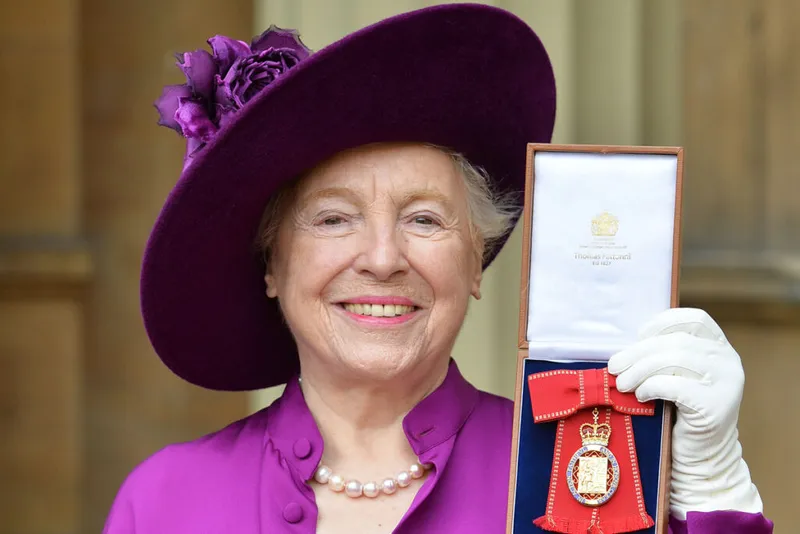
A genuine force for positive change, Stephanie Shirley was a WFH pioneer long before COVID. Setting up her software firm Freelance Programmers in 1962 with just £6 capital on her dining room table, she recognised the need for a female-friendly workplace. Particularly for those with dependents.
Having faced significant hurdles and sexism in the male-dominated industry, she adopted the name ‘Steve’ to open doors. The strategy proved effective, and defying gender stereotypes; she led the way for equal work rights. The work started rolling in, and her company went on to develop the black box software for Concorde.
After losing her autistic son, Giles, she founded Autistica, a charity dedicated to research and understanding of autistic people. Now a philanthropist and researcher, she campaigns for diversity and is giving back to society. Once a child refugee from Nazi Germany, she famously said, “I had to make sure that mine was a life worth saving.”
Michelle Zatlyn
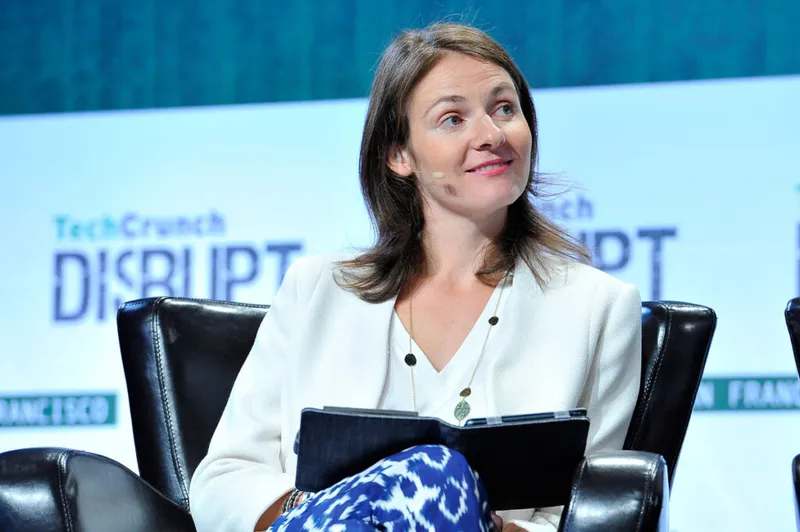
A true technology pioneer, Michelle Zatlyn dreamed of an open and secure internet. If you surfed the internet in the 1990s and early 2000s, you’ll remember pop-up ads that plagued your desktop and music downloads that were the Russian roulette of will-you-won’t-you get a virus. As technology and computing grew more and more impressive, so too did the spyware.
After graduating from Harvard Business School and interning at Google, Zatlyn – along with two former classmates – set up cybersecurity company Cloudflare in 2009.
Today, her company prevents more than 182 billion cyberattacks every day, protecting around 20 per cent of all internet traffic. But it doesn’t stop there. Cloudflare’s ‘Athenian’ project ensures election integrity, preventing voting data from being hacked, while ‘Project Cyber Safe Schools’ provides essential cybersecurity protection around the US.
Elizabeth Coulombe
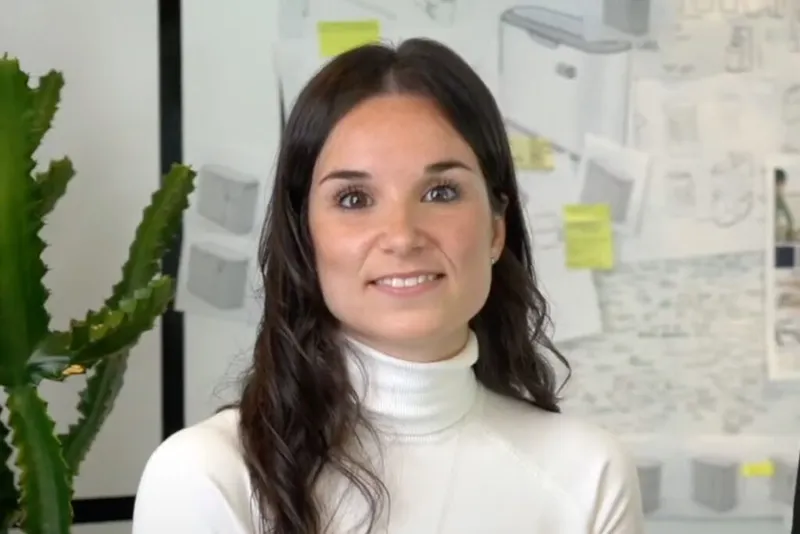
Food waste is a huge global issue, and the single-most common landfilled material in the US. An estimated one-third of all food produced globally goes to waste, creating a significant impact on greenhouse gases.
If you asked Gen Z what the most pressing global issue is, chances are they’d say climate change. And while we continue to reduce, reuse, and recycle, it’s still not enough. Not by a long way. But the solutions are already here – we just need to adopt them on a large scale. CEO and co-founder of appliance company Tero, Elizabeth Coulombe, has helped design and create one such solution.
Coulombe’s device is small enough to fit on the kitchen table, and recycles food waste into dry, odour-free, organic fertiliser in just a few hours. So far, these devices have prevented a whopping 832,000 litres of waste from heading into landfills. And they’ve only been in production since 2021.
There’s no doubt that women have helped shape the world for the better. From internet security to the internet itself, from Moon landings to cybersecurity, women are tackling the issues that really matter.










